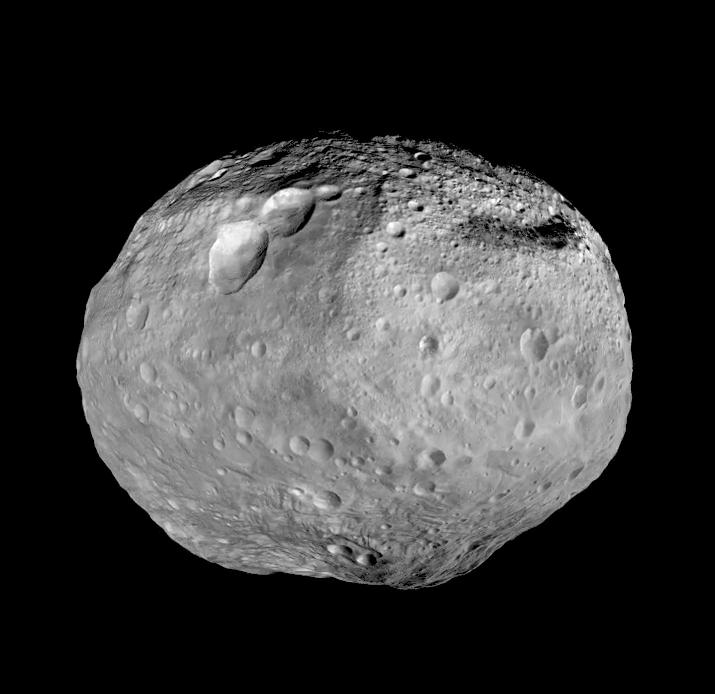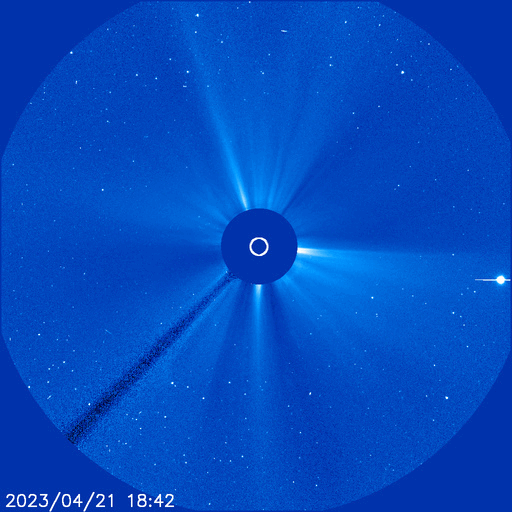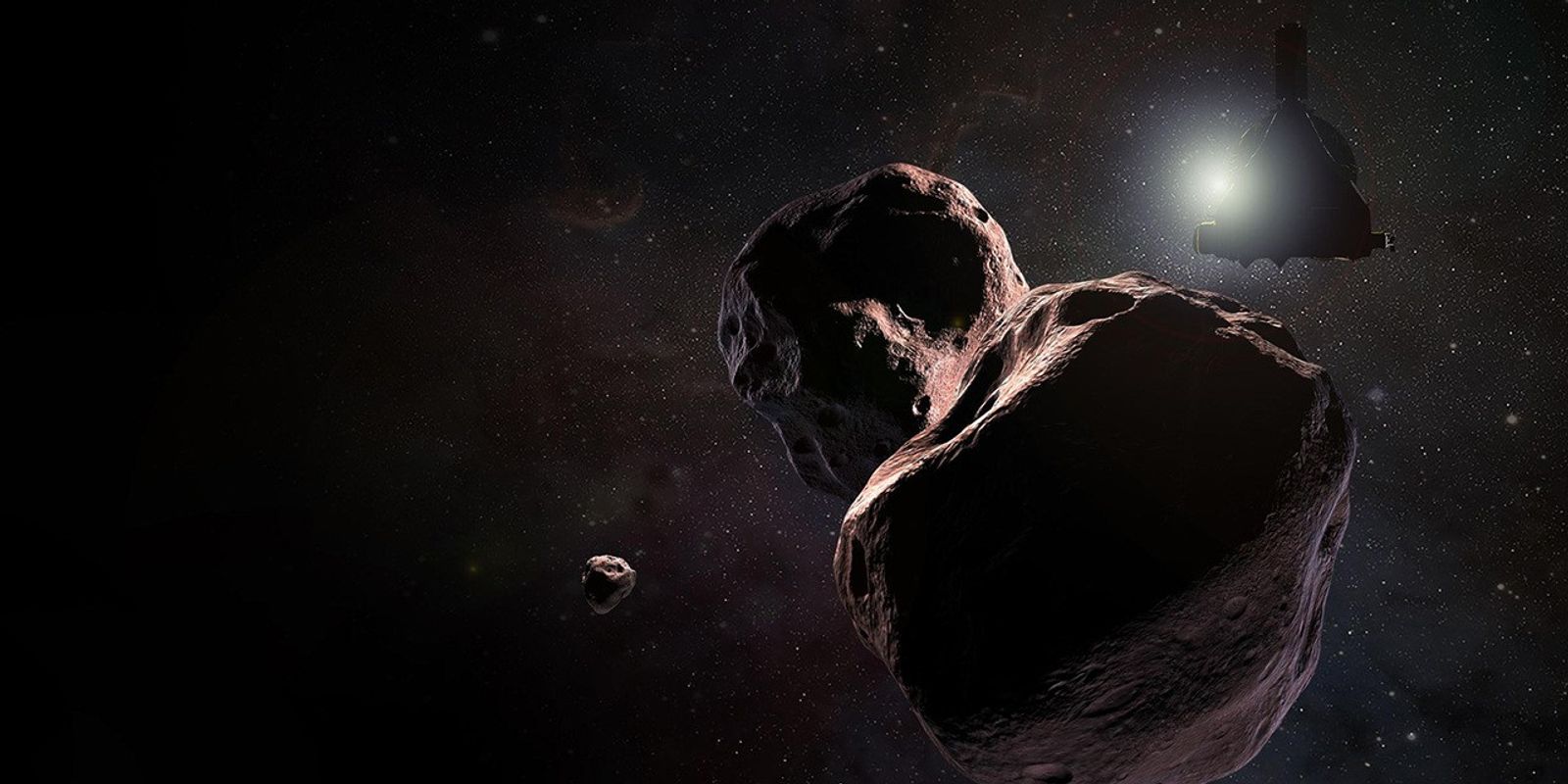The most recent spacecraft telemetry was acquired on Aug. 10 from the Deep Space Network tracking complex at Goldstone, California. The Cassini spacecraft is in an excellent state of health and all subsystems are operating normally. Information on the present position and speed of the Cassini spacecraft may be found on the "Present Position" page at: http://saturn.jpl.nasa.gov/mission/presentposition/.
Wednesday, Aug. 4 (DOY 216)
An encounter strategy meeting was held today to cover the period from Aug. 13 to Sept. 24, which includes the Enceladus E11 and Titan T72 flybys, and maneuvers 260-262.
Thursday, Aug. 5 (DOY 217)
Today Uplink Operations (ULO) sent commands to the spacecraft for a Radio Science (RSS) Low Gain Antenna test. The commands will execute on August 15.
Friday, Aug. 6 (DOY 218)
Port 3 products were delivered Wednesday as part of the S64 Sequence Implementation Process. Port 2 products for S65 are due today. The products will be merged and sent out to the flight team for review.
Saturday, Aug. 7 (DOY 219)
The command loss timer value was changed to 90 hours today in preparation for the CDS version 10 flight software load.
Commands were uplinked today over DSS-63 for an Enceladus Live Inertial Vector Propagator Update. ULO has verified that the files have been received by the spacecraft, and will execute on Aug. 13.
Monday, Aug. 9 (DOY 221)
This week’s science events included the Cassini Plasma Spectrometer being prime for pointing control for low latitude apoapsis observations to give the Magnetospheric and Plasma Science (MAPS) teams measurements of Saturn's outer magnetosphere and magnetosheath. RSS conducted a high-gain antenna boresight calibration and CAPS performed an ion calibration.
Tuesday, Aug. 10 (DOY 222)
The topic this week at the Mission Planning Forum was reconsideration of the Cassini position regarding the 70m downtimes in 2013 and 2014 because of impacts to RSS activities. The extended down times are needed to complete life extension maintenance and repairs to the 70m antennas. At the time of the last negotiations, it was agreed that DSS-43 would be down in 2013 and DSS-63 down in 2014. Members of the RSS team presented their events schedule for these years and described the scientific impacts to some RSS occultation experiments. It was noted, however, that the alternative of swapping the timing of the maintenance activities had impacts to some RSS Titan observations. Mission Planning showed an overview of the logistical impacts of revising the current DSN schedule. The decision of whether or not to reopen the matter with the DSN is pending.































